Most publishers, concerned with spiralling costs, voice scepticism. Thomas Abraham, managing director, Hachette India, says, “The whole thing is a bit absurd. It would have made more sense if the rather draconian 12% new GST levied on royalties had been abolished, and the 12% GST on printing material was reduced, back to 5%. Both have come as a double whammy that have raised costs for publishers with no respite, as input tax credit is also not available for books, because books are GST- exempt.”
Sanjiv Gupta, COO, Penguin Random House, seems to concur with Abraham. “In India, typically the cost of an e-book is the same as the print book. It’s a welcome step but they should reduce the tax on printing of books. We had VAT earlier and that was 4% to 5% and some printers were charging it and others were not. E-books worldwide have touched 35% of the total business but it has come down to 25%. In India, it has stayed from 5% to 7%.”
So will the new GST help?
There are many questions. Will just one printed copy suffice for a book to qualify for the reduced GST? And since the announcement comes under Education/Training/Skill Development’, will it apply to fiction and non-fiction?
GST cut for e-books, but publishers are not elated
GST cut for e-books, but publishers are not elatedon Aug 23, 2019
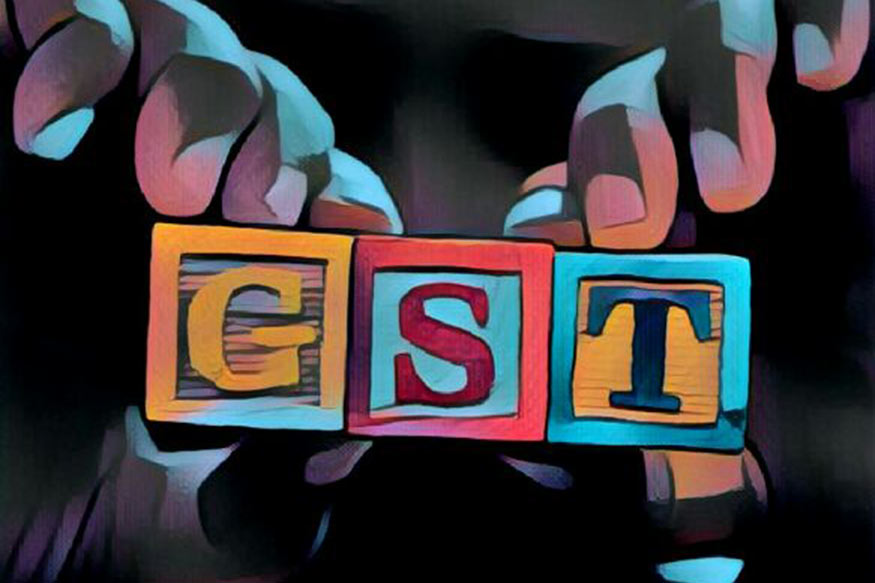
A lower tax rate is applicable if titles also have a print version, which has not excited the industry
What might have been a leg-up for book publishers to help reduce their carbon footprint, might just end being a weak announcement by the government.
The GST Council has announced some ‘relief’ for publishers in the form of reduction in GST on e-book sales — from 18% to 5%. The reduction is applicable only to books that have a print version as well.
The announcement has left publishers — who are usually busy thumbing through manuscripts and dealing with high production costs — perplexed because there appears to be little clarity on what the move means for the industry.



.jpg)






.jpg)

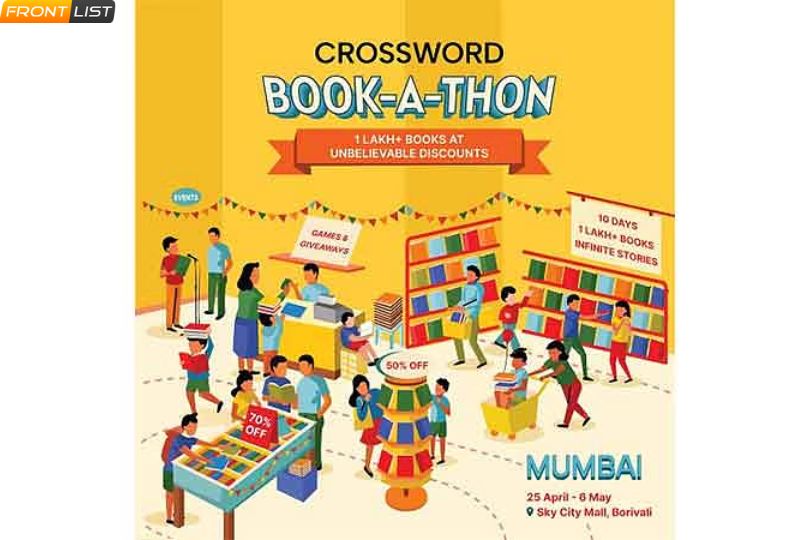
.jpg)
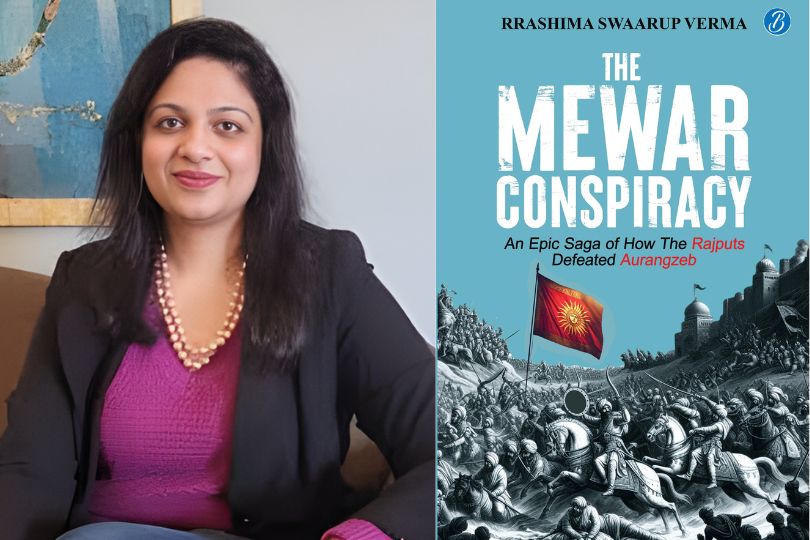
.jpg)

.jpg)



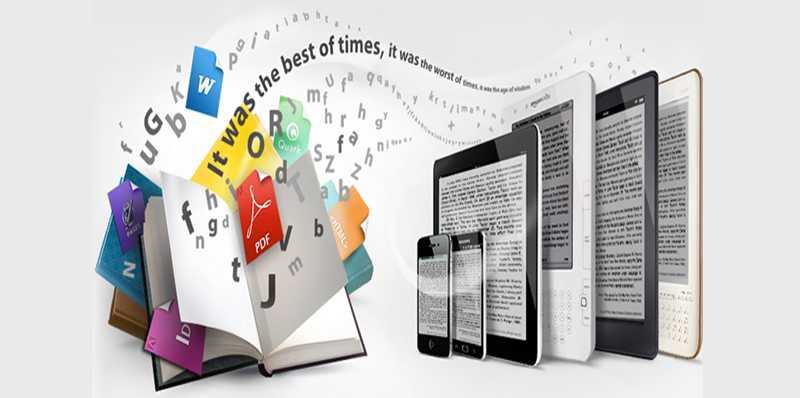

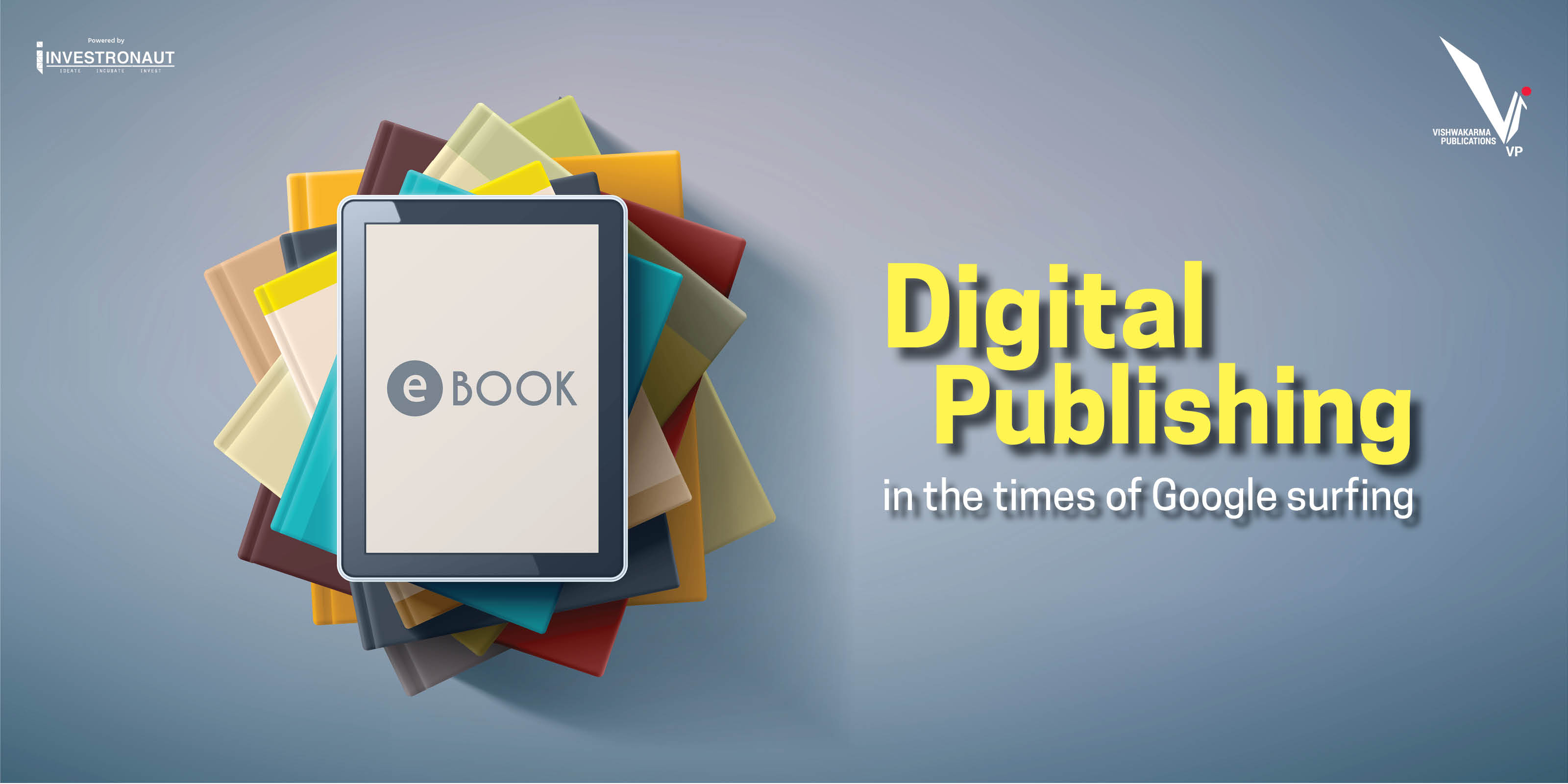

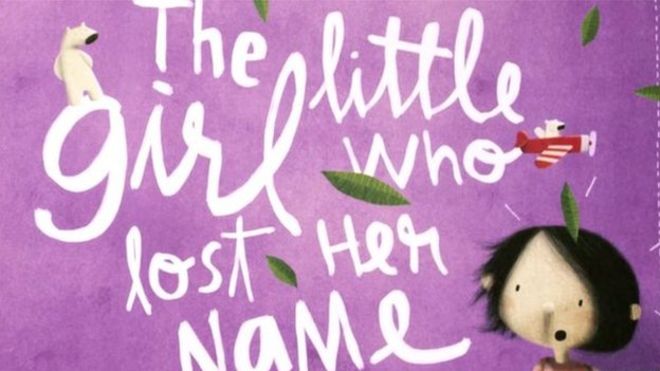


Sorry! No comment found for this post.